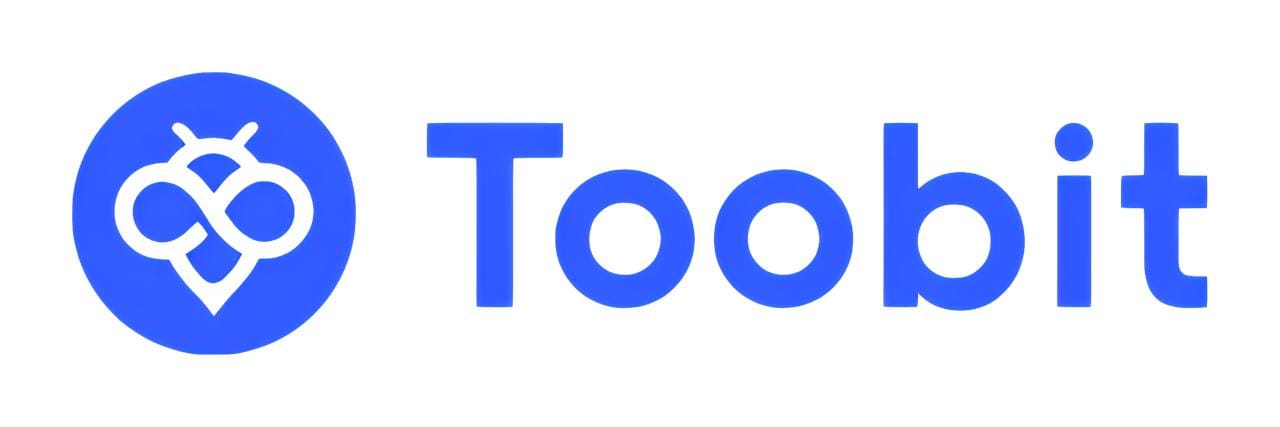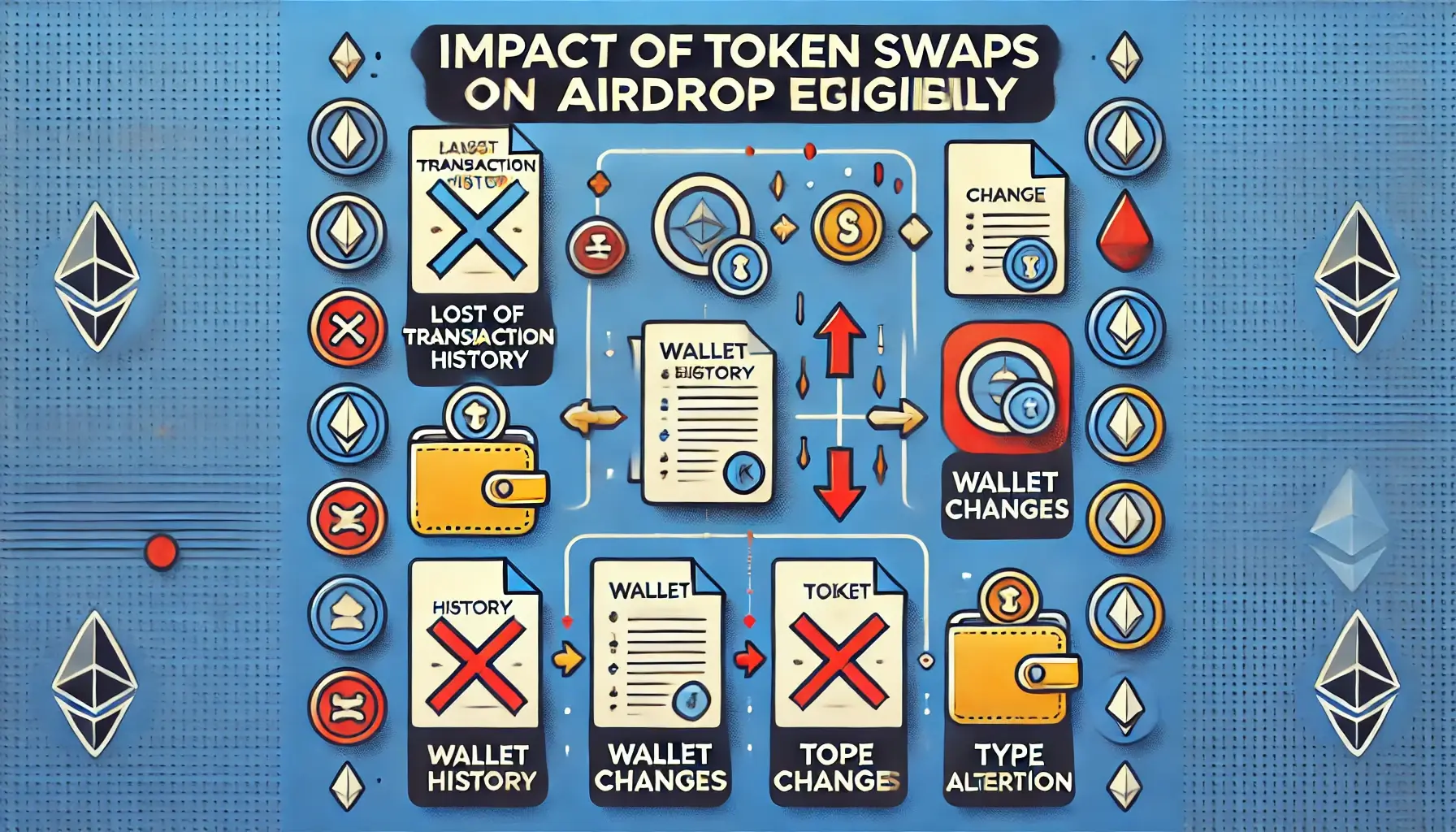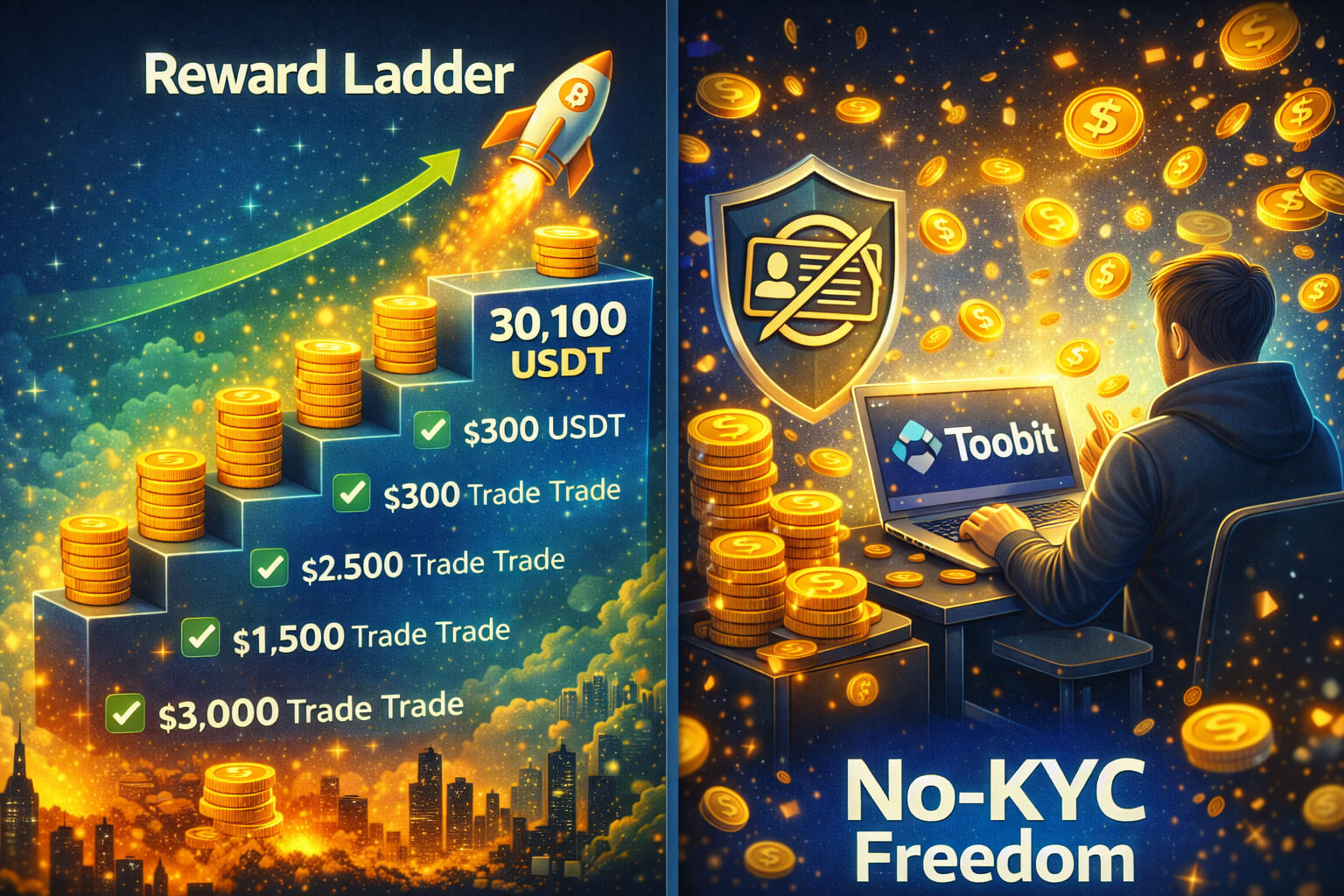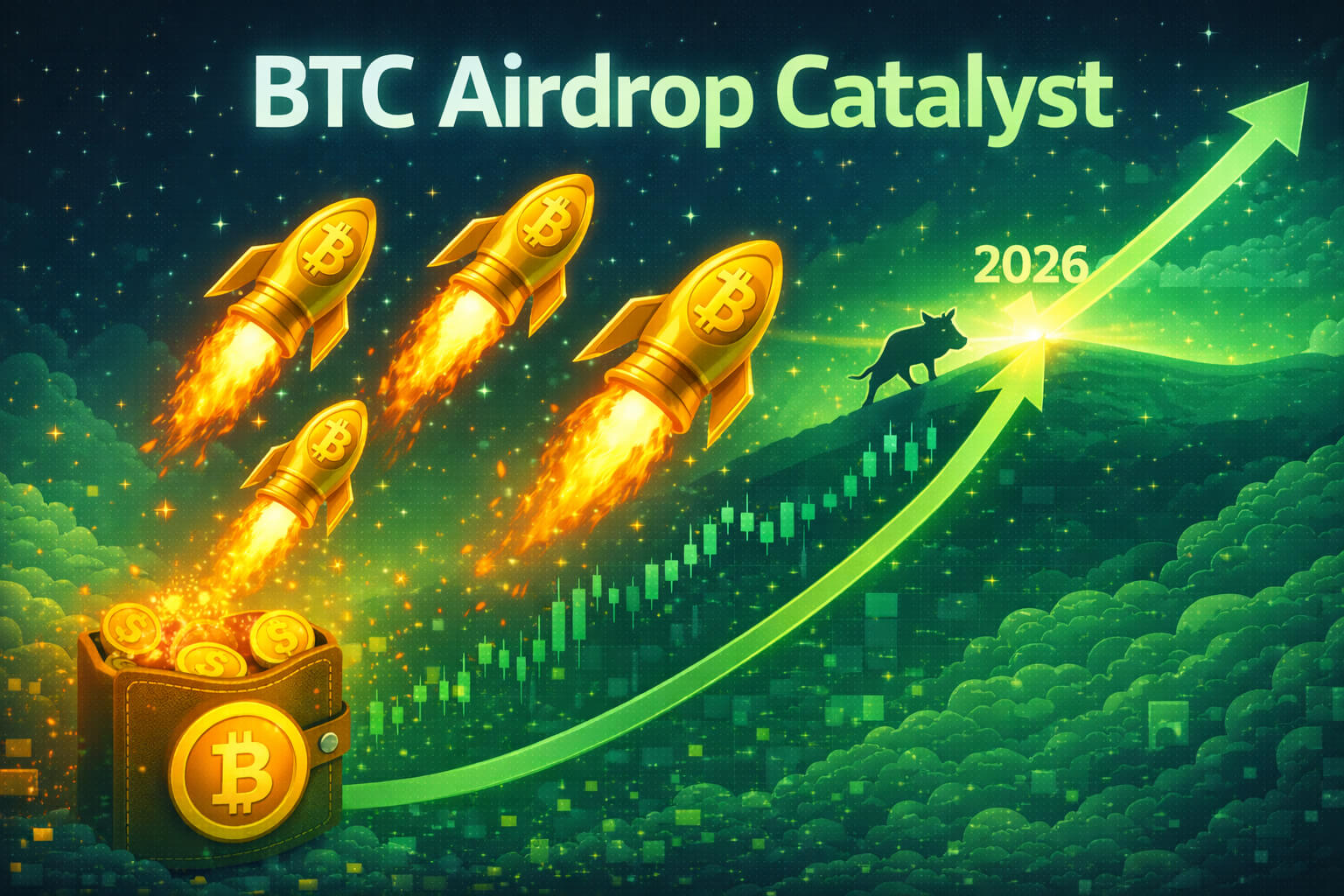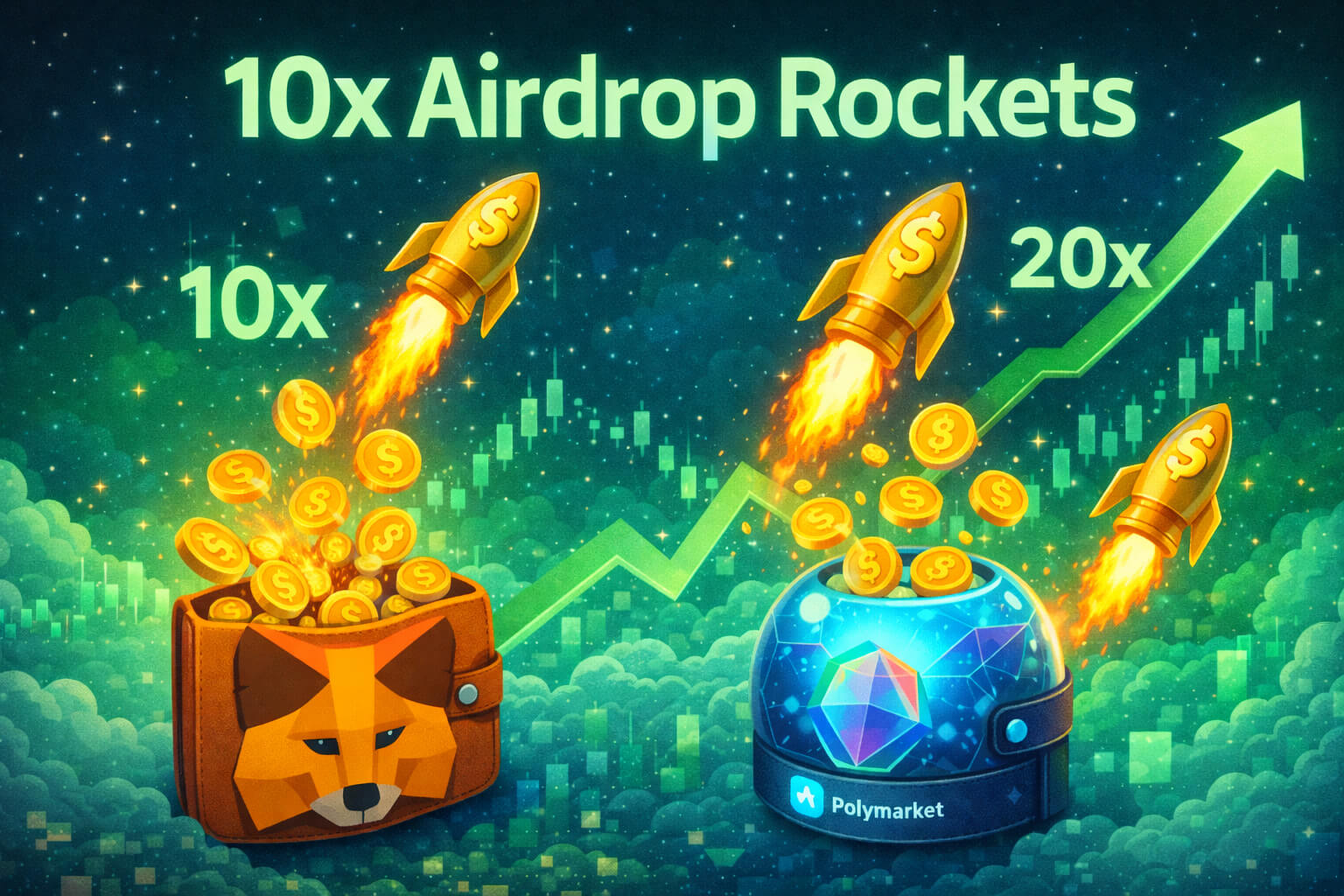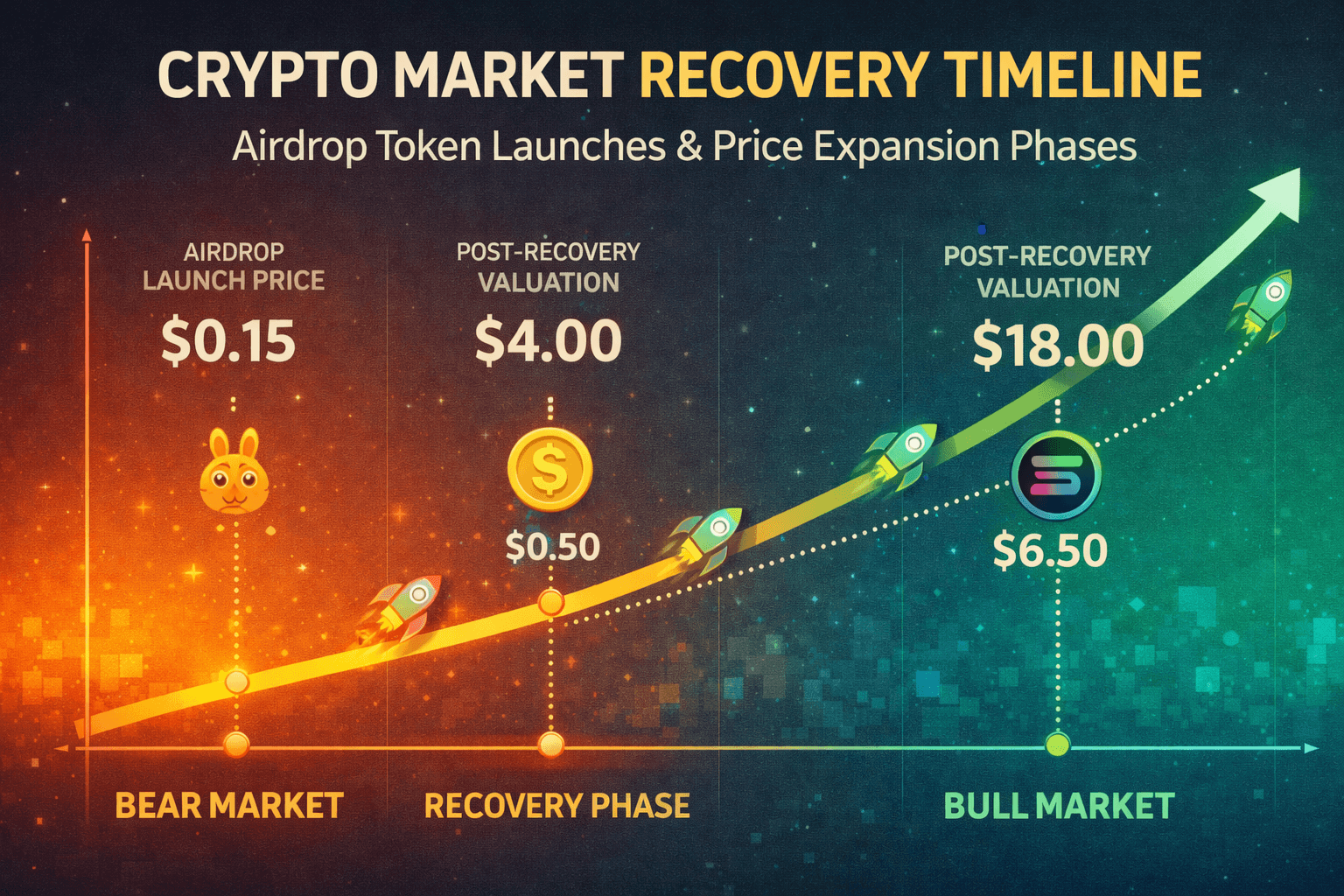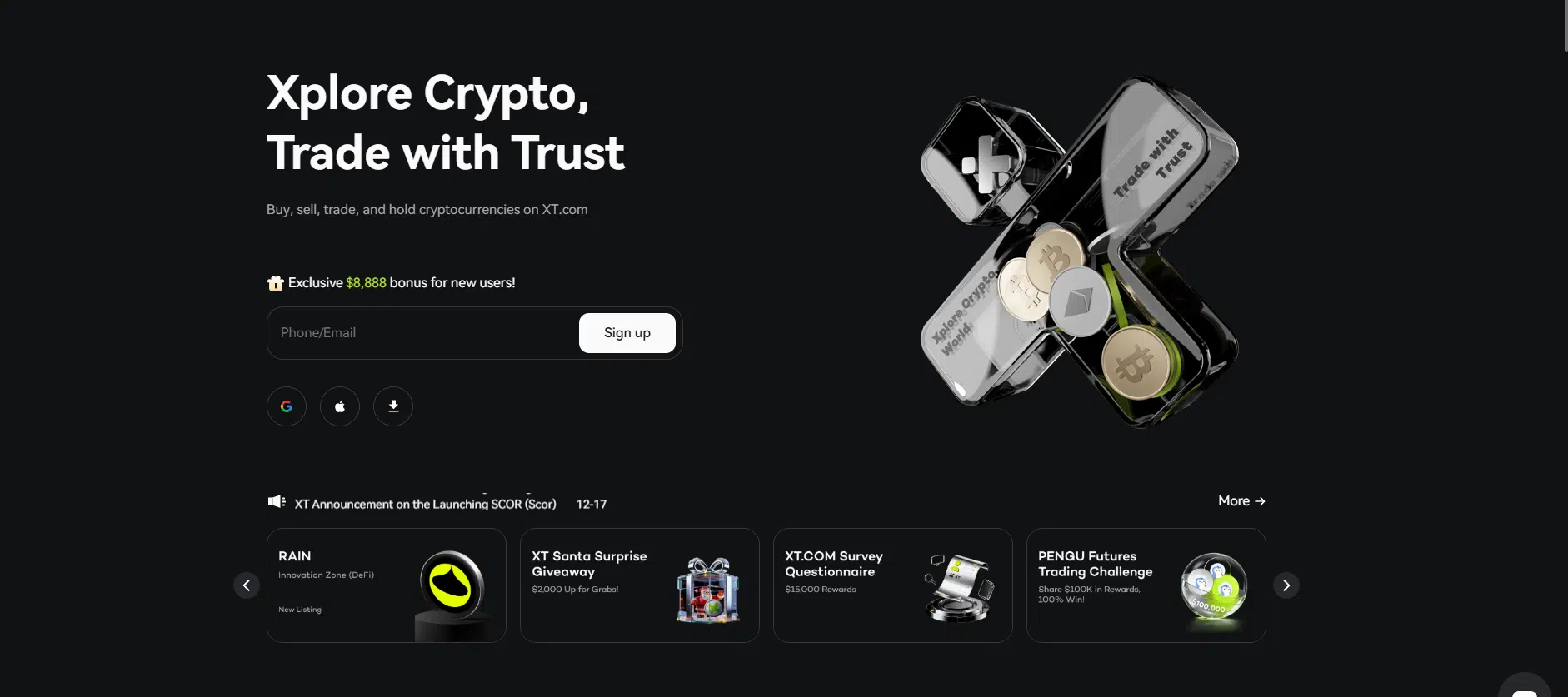Token swaps are a common occurrence in the cryptocurrency world. Whether due to blockchain upgrades, rebranding, or migrations to new networks, projects often replace old tokens with new ones. But participating in these swaps can have consequences beyond acquiring a new token version. One critical consideration is how token swaps affect airdrop eligibility.
For crypto enthusiasts, airdrops are an exciting way to receive free tokens, often as a reward for early support or community engagement. But if you participate in a token swap, it’s possible that your eligibility for certain airdrops might change. In this article, we’ll explore how token swaps can impact airdrop eligibility, why some projects exclude swapped tokens, and what you can do to ensure you remain eligible for future rewards.
1. What Are Token Swaps?
A token swap is a process where a cryptocurrency project replaces its existing tokens with new ones. This can happen for various reasons, such as:
- Blockchain migration: Moving to a new blockchain network.
- Protocol upgrade: Enhancing features or security.
- Rebranding: Changing the project’s name or image.
When a token swap occurs, holders of the old token are typically required to exchange them for new tokens, often on a 1:1 basis. These swaps are usually facilitated by exchanges or wallets, making it easy for users to convert their holdings. However, while token swaps are beneficial for upgrading technology, they can have implications for airdrop eligibility.
2. How Token Swaps Impact Airdrop Eligibility
Token swaps can affect airdrop eligibility in several ways. Here are some key factors to consider:
2.1 Loss of Historical Data
Many airdrops determine eligibility based on wallet snapshots taken at specific times. These snapshots record who held a particular token at a given moment. However, when a token swap occurs, the history of the old token may be erased or lost, especially if the swap is to a different blockchain. This can make it difficult for airdrop campaigns to verify that you held the original token, which may disqualify you from receiving airdrop rewards.
For example, if you participated in a token swap and your old tokens were destroyed, your wallet may no longer reflect your history as an early supporter, potentially impacting your eligibility for future airdrops.
2.2 Different Blockchains or Wallet Addresses
Some token swaps involve moving to a completely new blockchain, such as migrating from Ethereum to Binance Smart Chain. In such cases, the new tokens may require a different wallet address format, meaning your original address may no longer be associated with the swapped tokens.
Airdrop campaigns that only consider specific blockchains may not recognize swapped tokens on a different network. For instance, if an airdrop targets Ethereum-based wallets, and your swapped tokens are now on Binance Smart Chain, you may miss out on the airdrop due to the blockchain difference.
2.3 New Token Types
During a token swap, the project might issue tokens with different characteristics or utilities. For example, a utility token might be swapped for a governance token. In cases where an airdrop is meant for holders of a specific token type, swapped tokens might not meet the eligibility requirements, especially if they’re considered a different asset by the airdrop campaign.
Thus, if the new token doesn’t align with the original token’s intended function, you might miss out on airdrops intended for the old token holders.
2.4 Delays in Token Swaps
Token swaps, especially those facilitated by exchanges, can sometimes experience delays. If there is a delay in distributing the new token, you might miss the snapshot date used to determine airdrop eligibility. Since airdrops often rely on precise snapshot dates, missing that deadline could disqualify you from receiving rewards.
To avoid this, it’s essential to complete token swaps well before any announced snapshot dates.
3. Why Some Projects Exclude Swapped Tokens from Airdrops
Not all airdrop campaigns recognize swapped tokens, and there are several reasons why:
- Verification Challenges: Verifying ownership of swapped tokens can be challenging, especially if they’re on a new blockchain. This can complicate the airdrop process.
- Blockchain-Specific Requirements: Airdrops often focus on holders of tokens on specific networks. If the token swap moves assets to a new blockchain, they might be excluded from certain campaigns.
- Rewarding Loyalty to Original Tokens: Some projects use airdrops to reward holders of the original token who remained loyal, excluding those who swapped tokens to a new version.
These factors mean that participating in a token swap might unintentionally disqualify you from certain airdrops.
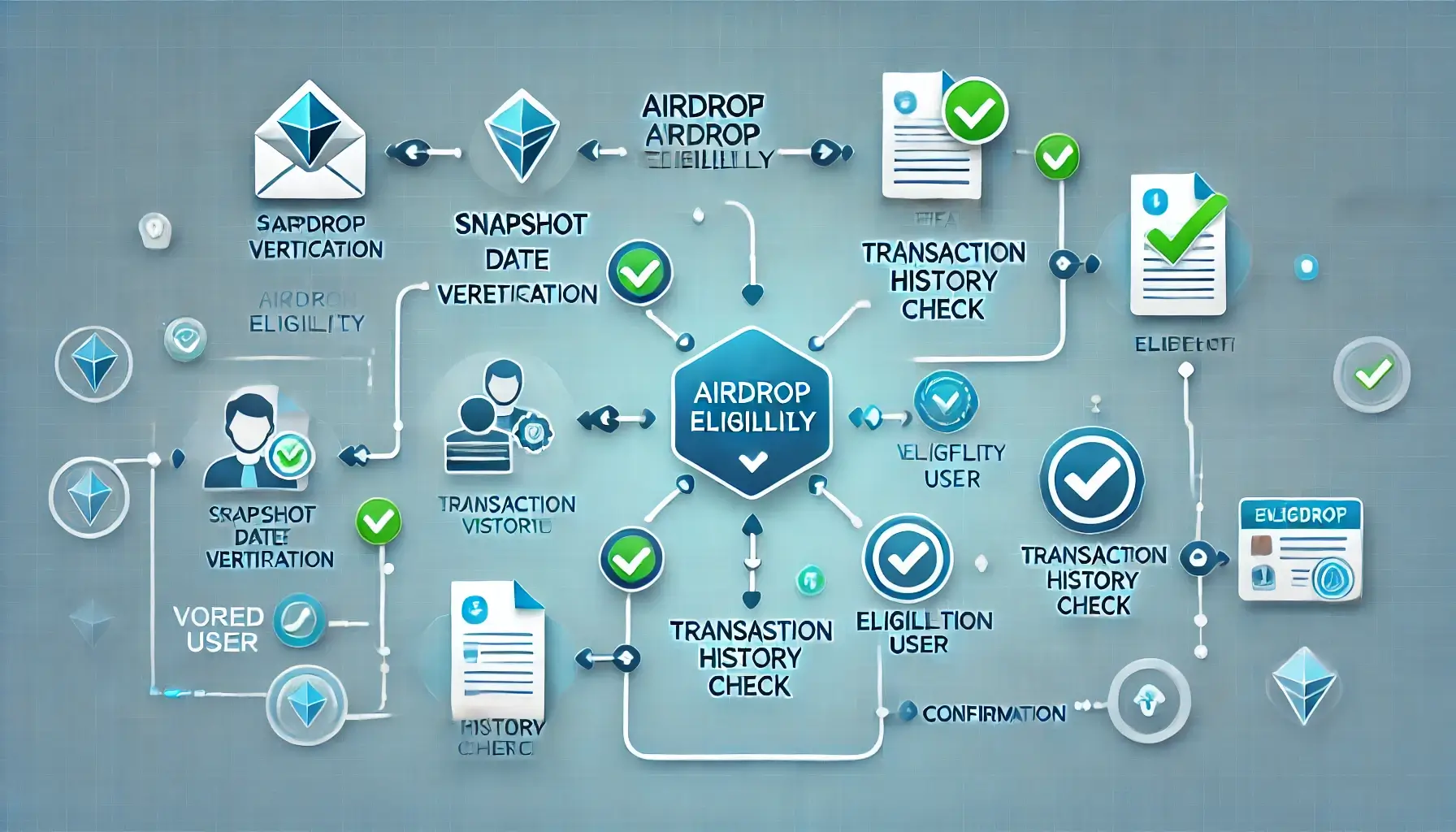
4. Tips for Maintaining Airdrop Eligibility After a Token Swap
If you want to ensure you remain eligible for future airdrops after a token swap, here are some useful strategies:
4.1 Monitor Airdrop Announcements
Before swapping your tokens, check if the project has announced any upcoming airdrops. If an airdrop is based on the original token, consider waiting until after the snapshot date to complete the swap. Projects typically announce airdrops in advance, allowing you to make an informed decision.
4.2 Use Reliable Platforms for Swaps
Choose a reliable wallet or exchange for your token swap. Some exchanges retain transaction history during swaps, which can help maintain a record of your holdings. Reliable platforms also reduce the risk of delays, ensuring you meet important airdrop snapshots.
4.3 Keep Personal Records
Take screenshots or keep a record of your holdings before and after the swap. Documentation can be valuable in case a project accepts user-provided evidence of token ownership. Although not all projects allow this, having proof of holdings may help in select cases.
4.4 Participate in Official Swaps Only
Avoid unauthorized swaps or third-party services. Use only official swap channels provided by the project to ensure the integrity of your holdings. Projects are more likely to recognize swaps performed through authorized channels when determining airdrop eligibility.
Conclusion
Token swaps are essential for evolving blockchain projects, but they can come with unintended consequences for users, particularly regarding airdrop eligibility. By participating in a token swap, you may lose eligibility for future airdrops due to erased transaction history, new wallet addresses, or changed token types.
To maximize your chances of qualifying for future airdrops, it’s important to stay informed, use official swap channels, and keep a record of your holdings. With careful planning, you can navigate token swaps without missing out on valuable airdrop rewards.
For more insights and guides on managing crypto assets, visit our Cryptocurrency Comparisons Guides.
Stay Updated
For the latest updates on token swaps, airdrop eligibility, and crypto news, follow us on:
Stay informed with insights into the evolving crypto landscape at FreeCoins24.io.
Special Offer
Looking to expand your crypto portfolio? Sign up on Bybit today and receive up to $30,000 in deposit bonuses. Join a platform built with compliance and user security in mind.
